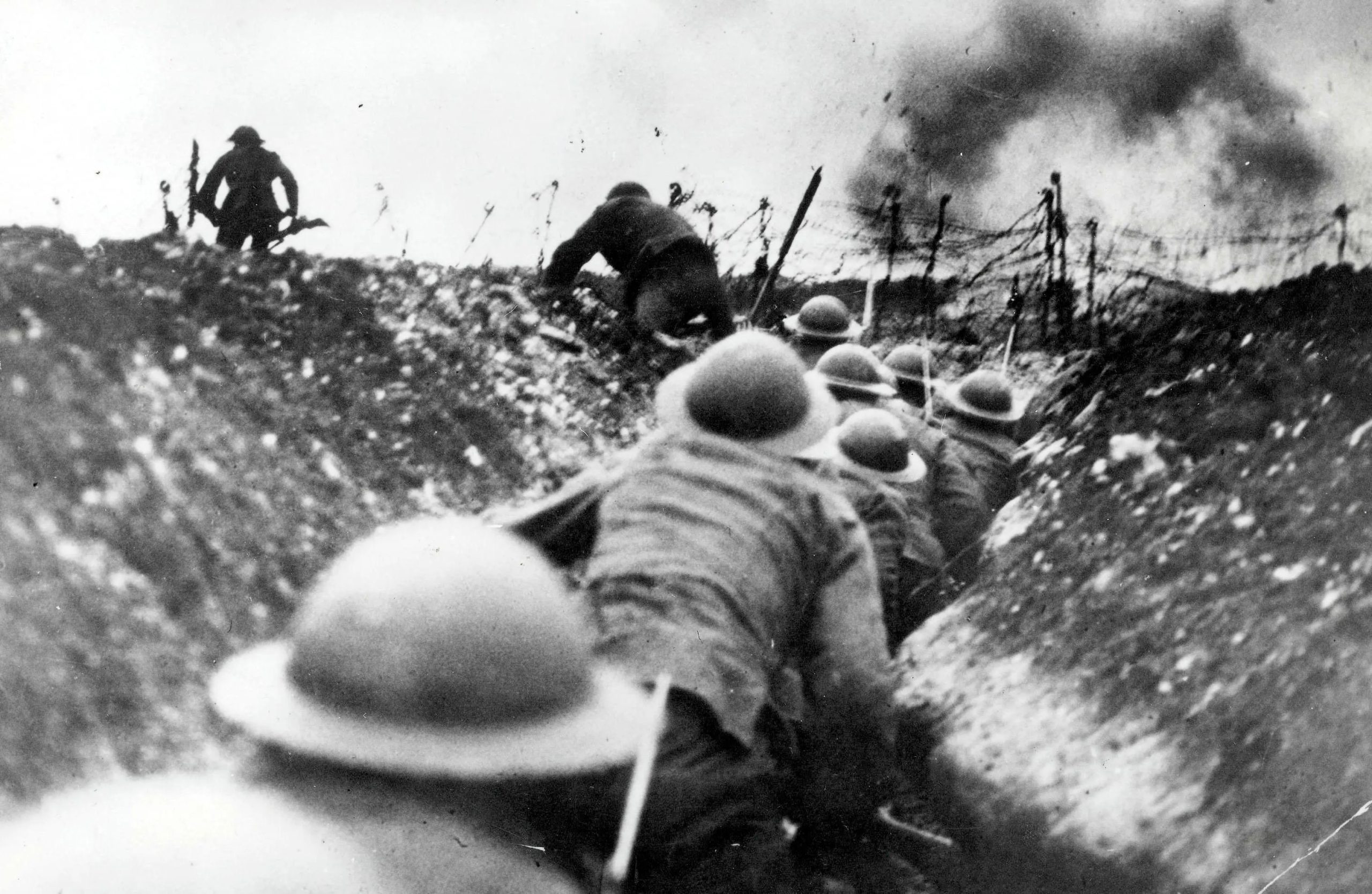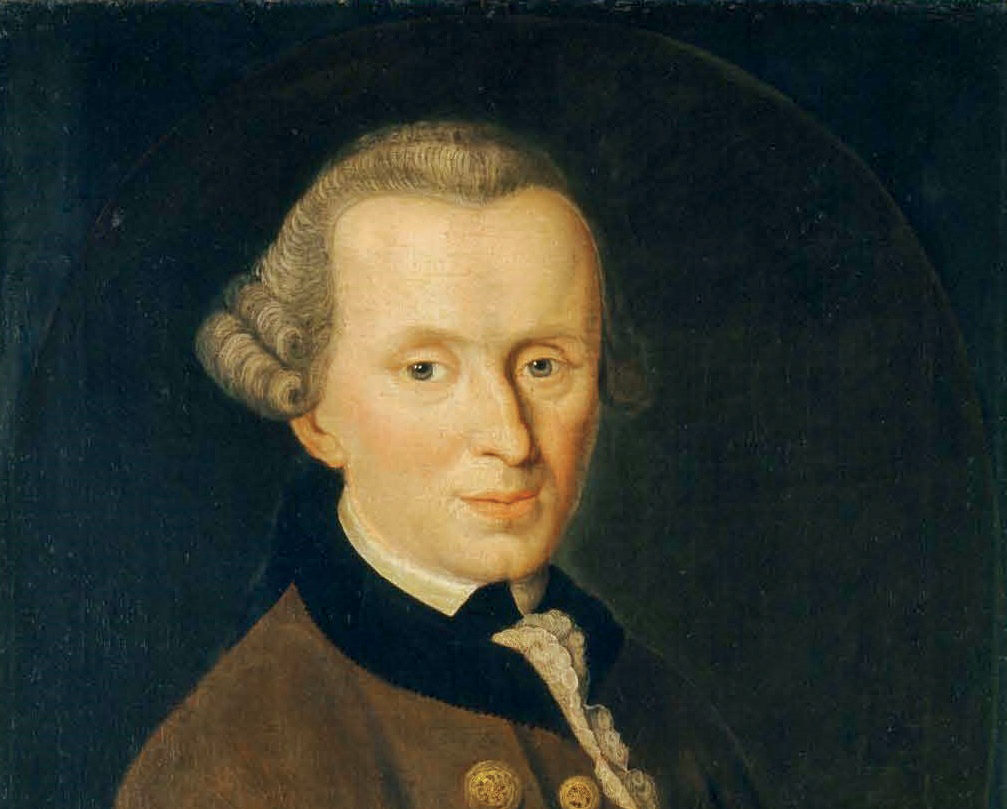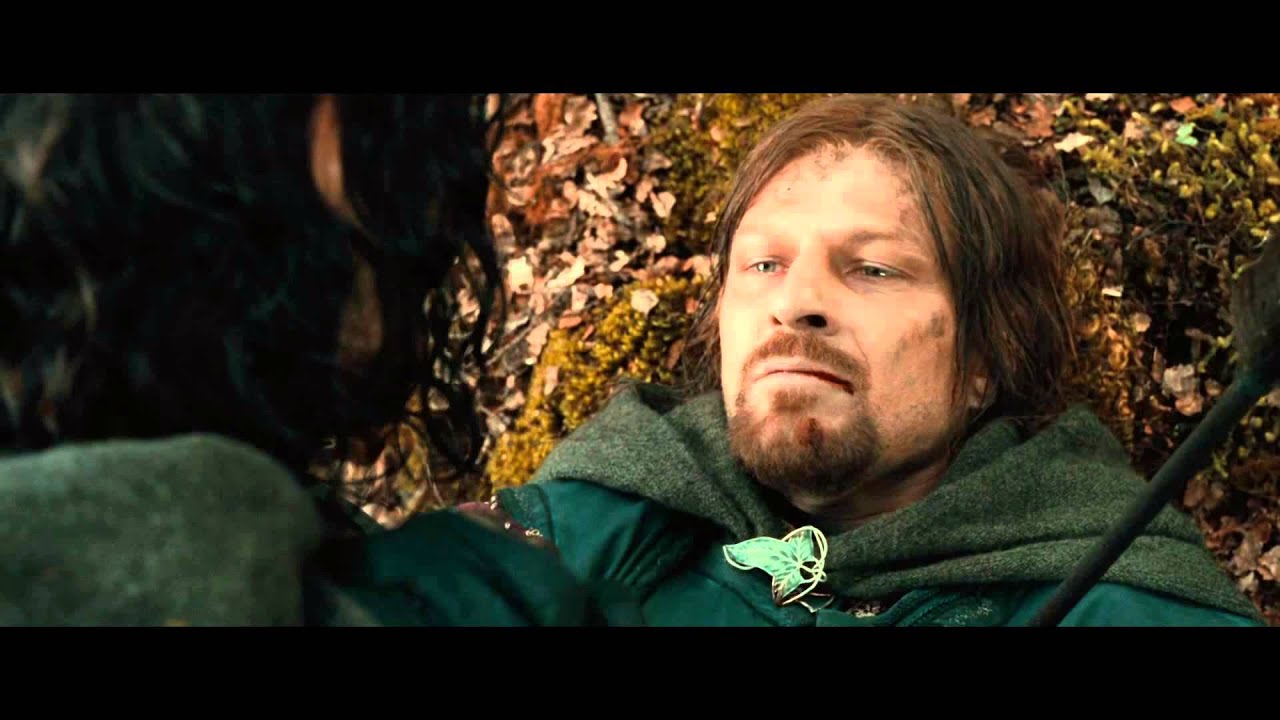Fading Glory: The Philosophy and Ethics of War through Wilfred Owen’s Dulce et Decorum Est
War. A term that encapsulates conflict, struggle, and devastating loss, yet also valour, heroism, and national pride. The ethical terrain of war is vast and complex, often evoking a spectrum of opinions and emotions. The First World War, a monumental event in the early 20th century, brought forth the harrowing realities of warfare into the public consciousness. It was a war unlike any before; its scale, technological weaponry, and vast casualties unveiled the grim face of modern warfare. Among the myriad responses to the war, emerged a poignant critique from the trenches – Wilfred Owen’s “Dulce et Decorum Est”. This evocative poem, penned by a soldier, transcends the battlefield to engage with the philosophical discourse surrounding the ethics of war. Owen’s poetic imagery strips away the glorified veneer of war, exposing a harsh reality that challenges traditional war ethics. The phrase “Dulce et Decorum est Pro patria mori”, extolled as a noble truth for centuries, is critically examined through Owen’s grim narrative. This essay aims to explore the philosophical and ethical dimensions of war through the lens of “Dulce et Decorum Est”, delving into the historical context of the First World War, the evolving philosophy of war, and the enduring moral dilemmas surrounding conflict. Through a synthesis of historical analysis, philosophical inquiry, and literary interpretation, we shall unravel the complex tapestry of war ethics, seeking to understand the enduring relevance of Owen’s poetic outcry in a world perpetually on the brink of conflict.
I. The First World War: A Brief Overview
Background:
The fuse of the First World War was lit by the assassination of Archduke Franz Ferdinand of Austria in 1914. This ignited longstanding rivalries and alliances among Europe’s great powers, plunging the continent into a cataclysm of violence. The primary actors were the Allied Powers, led by France, Russia, and the United Kingdom, against the Central Powers, chiefly Germany and Austria-Hungary. Over four relentless years, the war unfolded in a series of significant events. Key battles like the Somme, Verdun, and Passchendaele showcased the grim reality of trench warfare. New weaponry technology, such as tanks and chemical gas, altered the face of warfare, making it a mechanical slaughter.
By the time peace was brokered with the Treaty of Versailles in 1919, the landscape of Europe had changed drastically. The war claimed the lives of over 16 million people, both military personnel and civilians, leaving countless others wounded or missing.
Implications:
The socio-political aftermath of the Great War was profound. It led to the fall of empires, like the Ottoman and Austro-Hungarian, and redrawn borders, igniting a cascade of political changes worldwide. The war left nations ravaged, economies crippled, and societies fractured. The Russian Revolution of 1917 was in part a consequence of the war, setting the stage for the rise of communism.
On a moral front, the war exposed the underbelly of nationalist fervour, challenging romantic notions of heroism in battle. The disillusionment was profound, seeding a generation with a deep mistrust of authority and scepticism towards nationalistic motives. It spurred a reassessment of the ethics surrounding war, leading to a burgeoning anti-war movement and a re-evaluation of just war theories.
The vast human cost and the physical devastation of the First World War prompted many to dub it ‘the war to end all wars’. Yet, the punitive measures imposed on Germany by the Treaty of Versailles sowed seeds of bitterness, paving the path to another devastating conflict – the Second World War. Through the lens of hindsight, the First World War stands as a stark testament to the immense human and moral costs of global conflict, urging a deeper reflection on the dynamics of war and peace in the modern age.
II. Philosophy of War
The philosophical exploration of war interrogates the moral, legal, and human foundations of violent conflict. A central framework within this discourse is the Just War Theory, which seeks to establish when it might be justifiable to go to war (jus ad bellum) and what kind of conduct is acceptable in war (jus in bello). The principles of jus ad bellum encompass considerations such as having a just cause, legitimate authority, right intention, a probability of success, ensuring war is the last resort, and a sense of proportionality. These are not mere theoretical abstractions but are deeply ingrained in international law and military ethics, serving as a moral compass in the murky waters of military conflict.
Historically, the discourse around the philosophy of war has been enriched by a myriad of thinkers and texts. One of the seminal works in this field is Thomas Aquinas’s Summa Theologica, where he articulates some early notions of just war. Later, Hugo Grotius in his De Jure Belli ac Pacis (On the Law of War and Peace), further developed these ideas, laying down a foundation for modern international law and the ethics of war.
The evolution of the philosophy of war is not a linear narrative but a complex interplay of ideas that reflect the socio-political dynamics of different epochs. For instance, during the Enlightenment, Immanuel Kant’s essay Perpetual Peace posited a more peace-centric view, advocating for a federation of free states to avoid war. Conversely, in the 19th and early 20th centuries, thinkers like Carl von Clausewitz, in his work On War, portrayed war as an extension of politics by other means, embracing a more realist stance.
III. Unpacking Dulce et Decorum Est
Bent double, like old beggars under sacks,
Knock-kneed, coughing like hags, we cursed through sludge,
Till on the haunting flares we turned our backs
And towards our distant rest began to trudge.
Men marched asleep. Many had lost their boots
But limped on, blood-shod. All went lame; all blind;
Drunk with fatigue; deaf even to the hoots
Of tired, outstripped Five-Nines that dropped behind.
Gas! GAS! Quick, boys!—An ecstasy of fumbling,
Fitting the clumsy helmets just in time;
But someone still was yelling out and stumbling
And flound’ring like a man in fire or lime…
Dim, through the misty panes and thick green light,
As under a green sea, I saw him drowning.
In all my dreams, before my helpless sight,
He plunges at me, guttering, choking, drowning.
If in some smothering dreams you too could pace
Behind the wagon that we flung him in,
And watch the white eyes writhing in his face,
His hanging face, like a devil’s sick of sin;
If you could hear, at every jolt, the blood
Come gargling from the froth-corrupted lungs,
Obscene as cancer, bitter as the cud
Of vile, incurable sores on innocent tongues—
My friend, you would not tell with such high zest
To children ardent for some desperate glory,
The old Lie: Dulce et decorum est
Pro patria mori.
Unpacking “Dulce et Decorum Est” offers insights into the grotesque reality of war, starkly contrasting with romanticised traditional notions. Through a meticulous stanza-by-stanza examination, one can discern the vivid imagery and compelling metaphors Wilfred Owen employs to convey his profound message.
Immediately, Owen immerses us in a dreary march of soldiers, depicting the physical and emotional toll exacted by the war. The men are “Bent double, like old beggars under sacks,” a simile that captures their exhaustion and dehumanisation. The language conjures images far removed from the gallant soldiers traditionally depicted in war narratives. The haunting imagery continues with descriptions of “coughing like hags,” painting a picture of young men aged beyond their years by the horrific experiences of the trenches.
The second stanza thrusts the reader into a gas attack, a sudden and terrifying reality of WWI warfare. The frantic cries of “Gas! GAS! Quick, boys!” echo the urgency and danger soldiers faced. Owen’s use of direct speech and exclamation marks underscore the peril and chaos, enveloping the reader in the life-or-death scenario.
Owen provides a horrifying account of a comrade succumbing to gas exposure, employing a metaphor of drowning, “as under a green sea”. This disturbing imagery challenges any notion of war as a glorious or honourable endeavour.
Lastly, in the final stanza reflects on the enduring trauma, with Owen addressing the reader directly, implicating those who uphold the glorification of war. The phrase “Dulce et Decorum est Pro patria mori,” a quote from the Roman poet Horace, is used ironically to challenge the age-old adage that it is sweet and proper to die for one’s country. Owen exposes the grim reality, far removed from the glorified idea of heroic sacrifice often associated with war.
Through an ethical lens, “Dulce et Decorum Est” serves as a powerful critique against the romanticisation of war. By juxtaposing the gruesome reality against the lofty ideal encapsulated in Horace’s phrase, Owen implores the reader to confront the true nature of war. This poignant deconstruction facilitates a deeper understanding of the ethical quandaries surrounding the glorification and the moral cost of warfare. Through Owen’s evocative narrative, we are prompted to question and reflect on the moral implications of war, a discourse that remains as relevant today as it was during the grim days of the First World War.
IV. The Ethics of War
War’s ethical landscape often brings to the forefront a number of moral dilemmas faced by both soldiers on the field and the nations they represent. In wartime, the lines between right and wrong can become blurred, causing a ripple of moral quandaries that extend far beyond the battlefield. Soldiers, thrust into the theatre of war, confront dire situations where conventional morality may seem a luxury. The decisions they are compelled to make under duress, the acts they commit to survive or to protect comrades, all these scenarios pose serious ethical questions.
On a larger scale, nations too grapple with ethical considerations. The decision to engage in war, to begin with, is often steeped in complex moral, political, and social considerations. The principles of jus ad bellum, which explore the legitimacy and justness of going to war, are sometimes overshadowed by political exigency or national pride. Moreover, the methods employed during warfare, whether they adhere to the principles of jus in bello, which mandate discrimination and proportionality in the use of force, often come under scrutiny.
Wilfred Owen’s “Dulce et Decorum Est” sheds light on the harrowing experiences of soldiers, thereby unmasking the glorified narrative of war. The poem’s vivid imagery and raw depiction of war’s brutal reality provide a stark contrast to the adage “Dulce et Decorum est Pro patria mori”. Through his verses, Owen challenges us to reassess the ethical fabric of wartime actions and narratives.
In the modern era, the issues underscored by Owen continue to reverberate through the corridors of power and the fields of conflict. The military interventions in the Middle East, the ongoing conflicts in regions like Syria and Yemen, and the nuanced geopolitical tensions on the global stage, all echo the ethical dilemmas encapsulated in “Dulce et Decorum Est”. The poem’s resonance with contemporary conflicts highlights the enduring relevance of exploring the ethics of war.
The discourse surrounding military ethics has expanded over the decades. Contemporary scholars like Michael Walzer in his seminal work “Just and Unjust Wars” continues to explore the ethical dimensions of war, reflecting on the moral challenges that both soldiers and nations face amidst the clatter of arms. The echoes of Owen’s disillusionment can be heard in the reflections of veterans and in the public discourse surrounding recent military interventions.
The examination of war, through the lens of ethics, reveals a complex, often disheartening picture, yet it’s a necessary endeavour. It challenges us to confront the grim realities of war and to strive for a world where the principles of justice, humanity, and peace should prevail. Not only should we pay homage to the experiences of soldiers as captured by Owen but also engage in a crucial dialogue that holds the potential to shape the narrative and ethics of war in the contemporary world.



